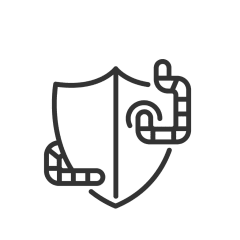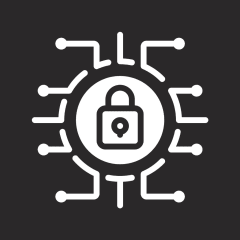Nursing is a profession that attracts individuals with a diverse range of skills, qualities, and personal attributes. While there is no single "best" type of person suited for nursing, certain characteristics are commonly found among successful nurses. These include:
- Compassion and Empathy: Nurses often work with patients who are experiencing physical pain, emotional distress, or vulnerability. Compassion and empathy are essential qualities that enable nurses to provide caring and supportive interactions, alleviate suffering, and foster trust and rapport with patients and their families.
- Strong Communication Skills: Effective communication is crucial in nursing, as nurses must convey information clearly, listen attentively to patients' concerns and preferences, and collaborate with other members of the healthcare team to coordinate care and ensure patient safety. Nurses who excel in communication can establish therapeutic relationships, advocate for patients' needs, and facilitate effective teamwork in diverse healthcare settings.
- Critical Thinking and Problem-Solving Abilities: Nursing involves making quick and sound decisions in fast-paced and complex situations. Nurses must be able to assess patients' conditions, analyze data, anticipate potential complications, and implement appropriate interventions to promote positive outcomes. Critical thinking skills enable nurses to prioritize care, adapt to changing circumstances, and effectively manage multiple tasks and responsibilities.
- Resilience and Adaptability: Nursing can be physically demanding and emotionally challenging, requiring nurses to cope with stress, uncertainty, and adversity. Resilience and adaptability are essential traits that enable nurses to maintain composure, cope with setbacks, and persevere in the face of challenges. Nurses who are resilient can thrive in high-pressure environments, navigate difficult situations, and sustain their passion for nursing over the course of their careers.
- Ethical Integrity and Professionalism: Nursing is a profession rooted in ethical principles, integrity, and accountability. Nurses must uphold ethical standards, respect patients' rights and dignity, maintain confidentiality, and adhere to professional codes of conduct. Ethical integrity and professionalism are integral to building trust with patients, promoting safety and quality of care, and preserving the integrity of the nursing profession.
Related Careers

Incident Responder
An incident responder is a cyber security professional responsible for identifying, investigating, and mitigating security incidents within an organization.

Cryptanalyst
A cryptanalyst is a specialist in the field of cryptography who focuses on analyzing cryptographic systems and breaking codes to decipher encrypted information.

CISO
A Chief Information Security Officer (CISO) is a senior executive responsible for managing and overseeing an organization's information security program.

Security Software Developer
A security software developer is responsible for designing and developing software applications with a strong focus on security.

Cryptographer
A cryptographer specializes in the field of cryptography, which involves the study and practice of secure communication and data protection.

Security Architect
A security architect is a cybersecurity professional responsible for designing and implementing secure systems, networks, and applications to protect an organization's digital assets from cyber threats and attacks.

Penetration Tester
A penetration tester evaluates the security of computer systems, networks, and applications by simulating real-world attacks.

Information Security Director
An information security director is responsible for leading and overseeing the information security function within an organization.

Digital Forensics Analyst
Digital forensics analysts investigate and analyze digital evidence to uncover information related to cybercrime, data breaches, or other digital incidents.

Red Teamer
A red teamer specializes in conducting adversarial simulations and assessments of an organization's security measures, with the goal of identifying vulnerabilities and weaknesses.

Blue Teamer
Blue teamers are cybersecurity professionals who specialize in defensive security measures and strategies.

SOC Manager
A Security Operations Center (SOC) manager is responsible for overseeing the day-to-day operations and strategic direction of a SOC.

Security Engineer
A security engineer is responsible for safeguarding an organization's information technology infrastructure and data from potential threats, vulnerabilities, and cyberattacks.

Ethical Hacker
An ethical hacker is a cybersecurity professional who is hired by an organization to identify and fix vulnerabilities in their computer systems, networks, and applications.

Information Security Analyst
An information security analyst is responsible for safeguarding an organization's computer systems and networks against cyber threats and unauthorized access.

Cybercrime Investigator
A cybercrime investigator is responsible for investigating and combating cybercrimes.

Information Security Manager
An information security manager is responsible for overseeing and managing the information security program within an organization.

IT Security Consultant
An IT security consultant provides expert advice and guidance on information technology security matters to organizations.

